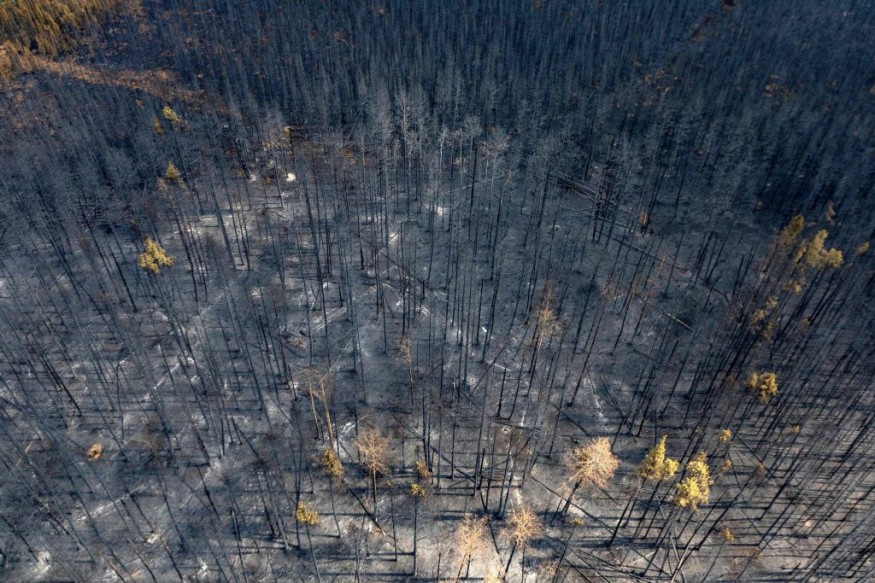
The recent wildfires in Canada caused the United States smoke and air quality concerns.
The raging wildfires in Canada resulted in massive evacuations and destroyed homes in parts of the country, devastatingly impacting communities.
Authorities and firefighters helped to put out the raging wildfires.
In the latest report, CNN explained that wildfires unfolded in Nova Scotia, Quebec, Alberta, and British Columbia.
The report noted that about 8 million acres were burned due to the wildfire in Canada, raising nearly 400 wildfire concerns emerged in the country.
Air quality concerns in the United States
In the latest forecasts, NBC News and ABC News reported that Midwest and Northeast could likely experience smoke, raising the potential impact of air quality on health.
Meanwhile, NBC News and CBC News reported that about 14,000 people were evacuated in Quebec due to the raging wildfires.
The report explained that hazy skies unfolded in parts of the Ohio Valley, Carolinas, Chicago, Indianapolis, Wisconsin, and Cincinnati.
In parts of the Midwest, ABC News reported that wildfire risk could be possible due to the area's dry weather conditions and gusty winds.
In Quebec, AccuWeather explained that air quality concerns could be likely in the region. The reports noted that people with medical conditions, older adults, and children should avoid going outdoors.
Air quality alerts emerged in Chicago, Buffalo, and parts of the Northeast.
Furthermore, the smoke could stretch to parts of Nashville, New York City, Hartford and Vermont this week.
Meanwhile, people with respiratory concerns could become more at risk.
The hazy skies and smoke could likely affect daily commutes and travel. It is best that motorists should consider driving slowly and observe the weather conditions.
Smoke Safety
Air pollution from Canadian wildfire smoke could raise health concerns or risks to people in the United States.
According to the World Health Organization (WHO), human activity could also produce wildfires. In Canada, officials announced in Nova Scotia a province-wide ban.
Furthermore, the WHO explained that wildfires could also result in dry conditions from dry air and drought.
Also Read : US Weather Forecast: Flash Flood Risk, Torrential Rain to Unload in Western US This Week
Meanwhile, the United States Environmental Protection Agency (EPA) explained that wildfire smoke can unleash pollutants that are harmful to health.
The most common health concerns are respiratory tract irritation, asthma, coughing, breathing difficulty, and wheezing.
As a result, homeowners should observe the health and well-being of their family members, especially people with respiratory risks.
Staying at home is recommendable to prevent possible exposure to wildfire smoke. If you are near an area with wildfire risks, it is best to evacuate when there is an advisory immediately.
Moreover, it is essential to immediately bring them to the nearest hospital when breathing is difficult due to the smoke and poor air quality.
For more similar, don't forget to follow Nature World News.
© 2025 NatureWorldNews.com All rights reserved. Do not reproduce without permission.





